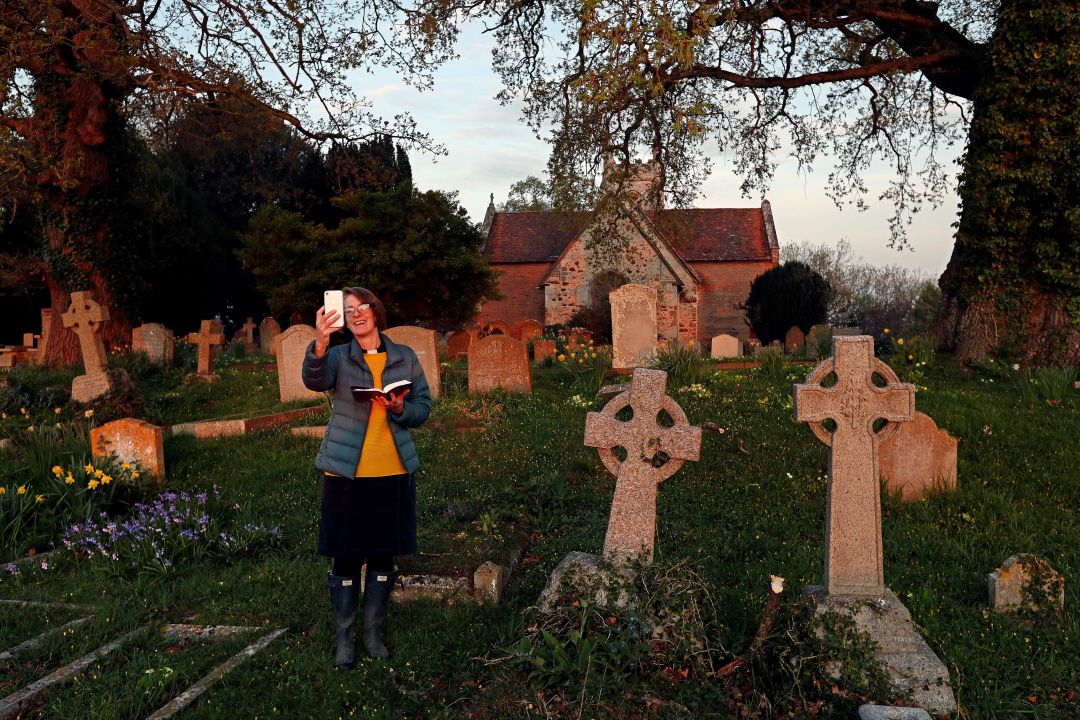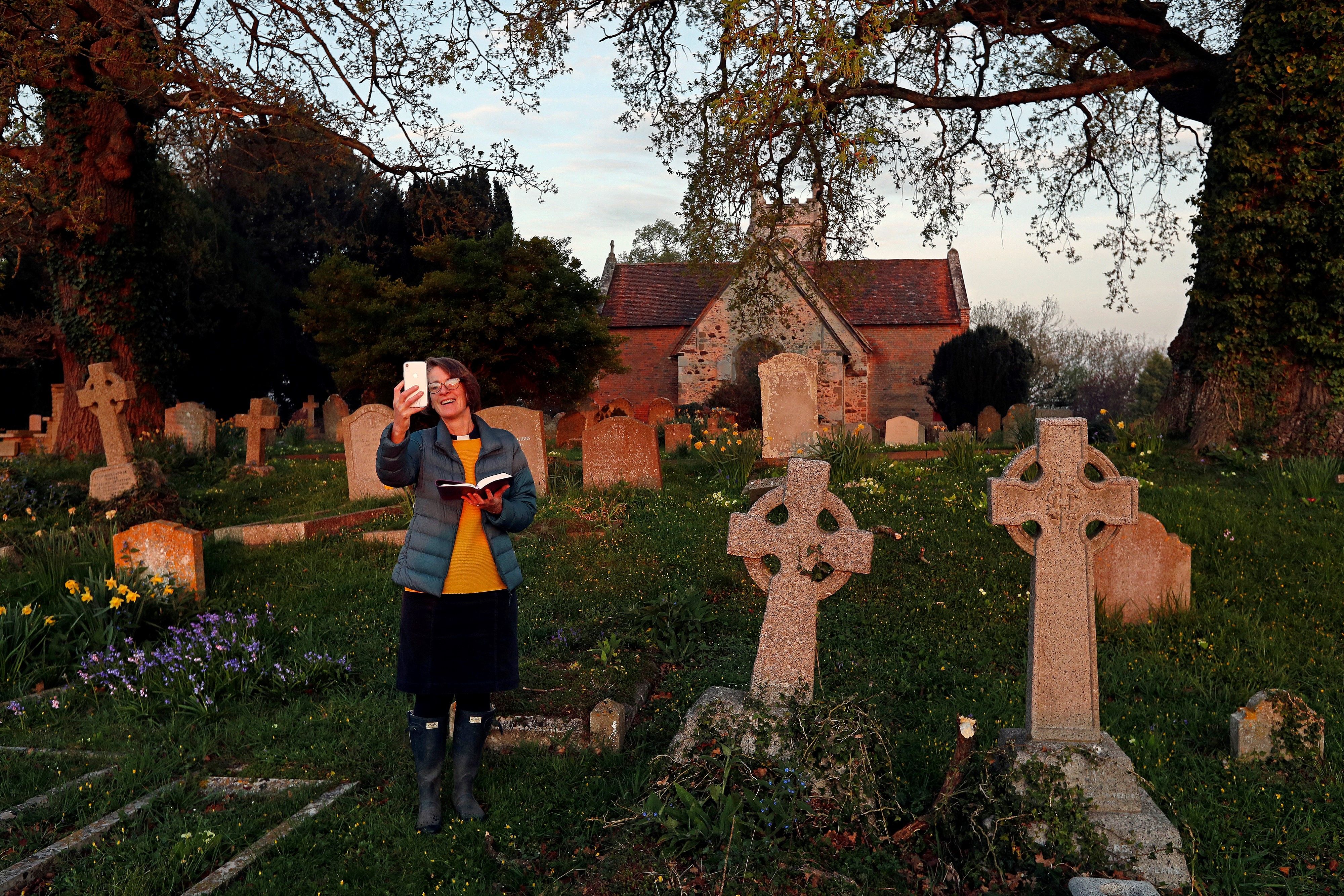Perhaps today, more so than any day before it, we understand the trade-offs of this lockdown. An Easter Sunday that would normally be spent with loved ones will be spent by many people alone. Churches are a no-go zone. Friends who live down the street feel miles away. Family traditions and big meals are, at best, shared together on video apps – for others, they’re on hold until next year.
These are the harsh realities of the lockdown, designed to slow the spread of a deadly pandemic. But the vast majority of us understand why it’s so important to stay inside right now – and are willing to keep doing so. New research from YouGov shows over 90 per cent of Brits support extending the emergency lockdown measures – a decision that seems inevitable, as the peak of the virus approaches in the UK. It is reassuring, though not particularly surprising, that this is a country willing to put the safety of loved ones and strangers above personal desires to resume a normal life.
Still, we do not have the luxury of analysing this lockdown in a black and white manner. While the trade-off of your family Easter dinner is, in the grand scheme of things, not a hard one to make, other trade-offs are not so easily glossed over. The consequences of the lockdown become more existential by the day, as the economy contracts at a rapid pace. Growth figures are projected to fall further than they did during the financial crash, and possibly plummeting below that of the Great Depression – the biggest economic downturn in over a century.
The trade-off of your family Easter dinner is, in the grand scheme of things, not a hard one to make, other trade-offs are not so easily glossed over
These numbers on a spreadsheet are translating into human costs fast – and they’re more severe than originally predicted. Figures from the British Chamber of Commerce this week show one in five small businesses plan to furlough their whole staff, while 50 per cent of British companies will put the majority of their employees on the Job Retentions Scheme – far outpacing the 10 per cent take-up rate expected by the Treasury. As a result, Universal Credit claims are off the charts. Hundreds of thousands of Brits are losing their jobs and their income; for some, the loss of even one month’s pay can have grave consequences for them and their family.
The best-case scenario is that tackling the virus through strict lockdown measures now will enable a faster recovery in the near future – when businesses come out of hibernation and pubs and restaurants can open their doors, we’ll see an economic boom that gets people back out, and most importantly, back in work. But even this sharp downturn, sharp upturn recovery plays out, there will be some wrongs we won’t be able to right.
The Institute for Fiscal Studies issues a stark warning this week that the health of non-Covid patients will take a hit from the lockdown measures, as cancelled operations and disruptions to non-virus emergency care start translating to fatalities. Many of those considered to be vulnerable to Covid-19 will also be those disproportionately affected by lack of access to normal medical care – emergency hospital admissions and elective surgeries are significantly higher amongst older cohorts. Nearly half of beds in some English hospitals are empty, as the poorly avoid seeking (sometimes vital) care.
It’s not just in the UK, but around the globe that the health implications for Covid-19 will have knock-on effects on other healthcare issues. Healthcare AI startup Aidoc has been tracking the fall of medical imaging volumes over the last month – suggesting that diagnosis and treatments of other serious conditions has slumped dramatically while the world tackles the virus. As well as the gaps widening for those in need of medical assistance, the deteriorating circumstances for vulnerable groups at home will prove irreversible for some: this week the Police Federation’s Simon Kempton reported ‘very early indications’ of a rise in suicides, while the charity Refuge reported a 25 per cent increase in calls to the National Domestic Abuse hotline – a direct result of social distancing policy.
These painful consequences don’t invalidate the strategy of the lockdown – nor do they justify breaking with government guidance. They remind us, however, that the impact of these measures will be felt for months after they’ve formally gone, through queues at job centres, late diagnoses, and tragic early endings.
The lockdown must persist for the time being to protect lives, but it is not an arrangement that can go on indefinitely, as the cost to other groups in society will only grow with time. It will be the government, scientists and medics who have to strike this delicate balance; but as we do our part by staying home this Easter Sunday, the hardships faced by both groups should be kept in our thoughts.
An abridged version of this article was first published in the Sunday Express








Comments